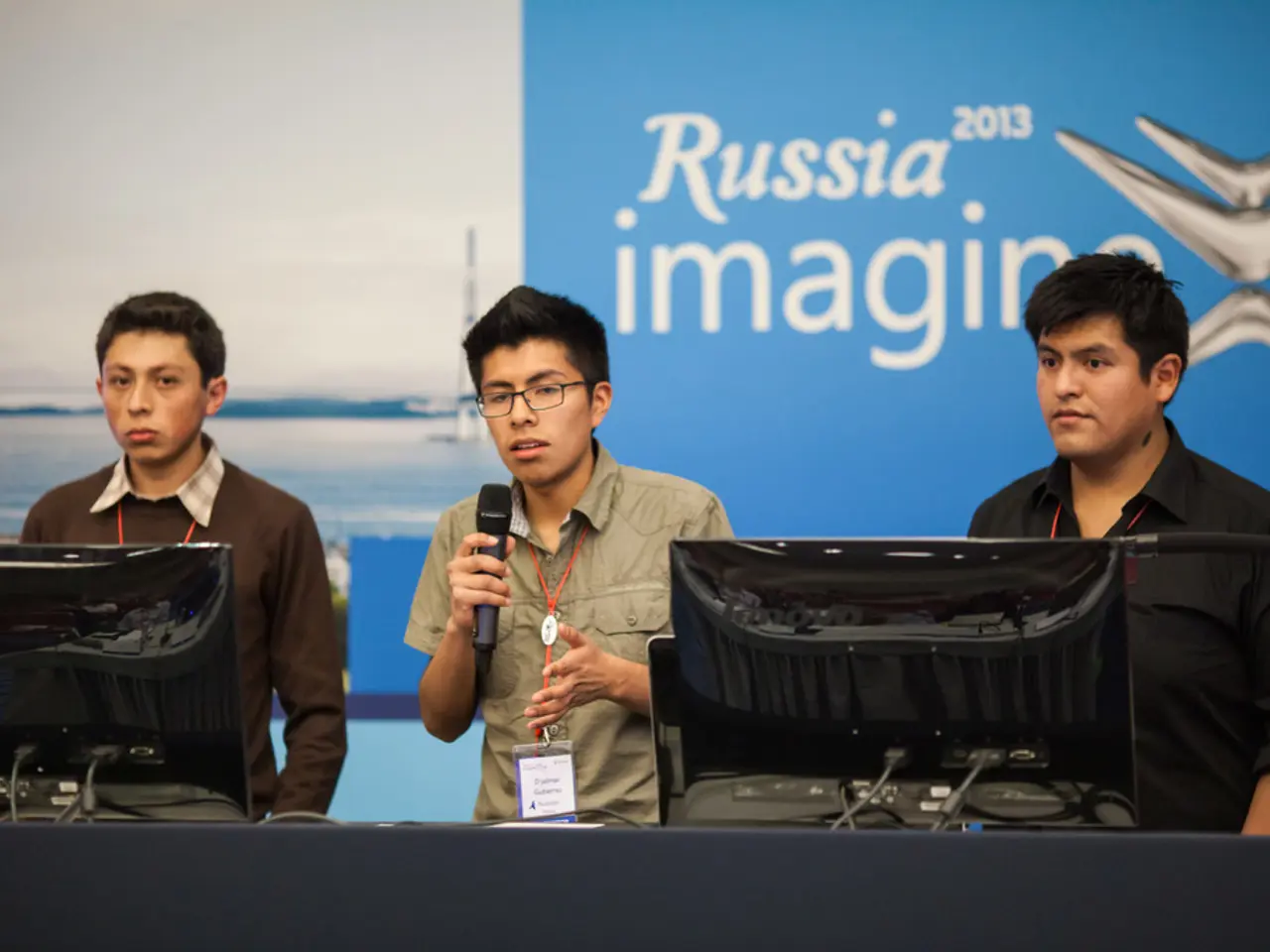Proposed Raising the Retirement Age for Every Child to Promote Higher Birth Rates via New Policies
In a recent proposal, Associate Professor Petr Shcherbchenko of the Financial University under the Government of the Russian Federation has emphasized the importance of providing parents, especially those with multiple children, with the opportunity to combine childcare with work. This proposal, aimed at boosting birth rates and promoting social justice, could partially stimulate an increase in birth rates, according to Shcherbchenko.
The proposal suggests that only a combination of different measures, including initiatives from employers, can improve the situation for parents and contribute to an increase in the birth rate. For the second, third, and subsequent children, additional indexing will be applied to the benefits. For instance, for the second child, the benefit is proposed to be increased to 60% of the average salary and paid for two years. Similarly, for the third child, the benefit is proposed to be increased to 80% of the average salary and paid for three years.
In a related development, the "Fair Russia - For Truth" party has proposed reducing the pension age for each child a family has. Parents of two children would have their pension age reduced by one year, three children by three years, and four or more by five years. However, it's important to note that these benefits and reductions require additional budget funds, as highlighted by Shcherbchenko.
Lawyer and social issues expert Yevgeny Golovin supports the measures, stating that significant increases in maternity leave benefits can be an effective incentive for families to have a second and third child. However, Golovin also notes that such measures have an effect, but it weakens over time if not accompanied by additional preferences, such as affordable childcare, flexible working hours, and preferential housing.
To achieve a sustainable effect in demographic policy, it's necessary to improve family support at various levels. Shcherbchenko also suggests an alternative proposal to increase the size of these benefits at the expense of employers without burdening the budget further. The proposal also aims to simplify and standardize the system, ensuring that a woman should not suddenly lose a significant portion of her income due to early retirement.
In contrast to Russian early retirement incentives, family support measures in other European countries, particularly in Central and Eastern Europe (e.g., Hungary, Poland), focus more on direct cash benefits and tax allowances aimed at reducing child poverty and boosting fertility. These benefits typically cover immediate costs related to child care and compensate for income loss when a parent stops working, rather than extending pension credit periods linked to child care.
Scientists at the Institute of Socio-Economic Forecasting of the Russian Academy of Sciences also propose increasing maternity leave benefits for subsequent children. The implementation of these proposals would require additional financial resources from the budget, but they could potentially encourage more families to have second and subsequent children, contributing to a healthier demographic landscape in Russia.
[1] Source: Shcherbchenko, P. (2021). Demographic policy and early retirement incentives: A new approach to boosting birth rates and promoting social justice. Financial University under the Government of the Russian Federation.
[2] Source: Golovin, Y. (2020). Family support measures in Europe: A comparative analysis. Institute of Socio-Economic Forecasting of the Russian Academy of Sciences.




